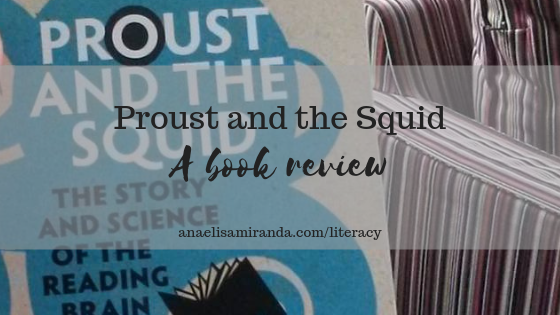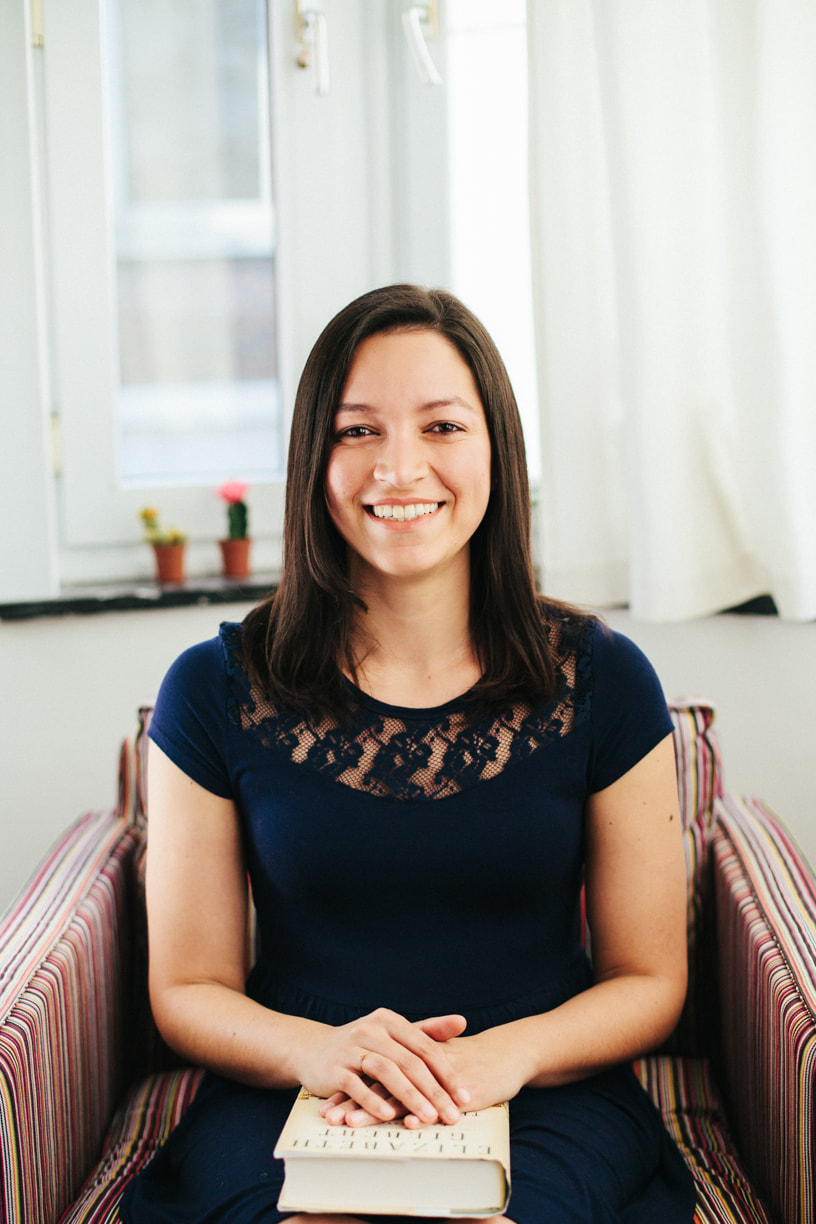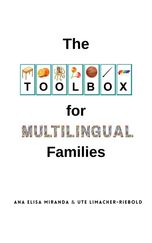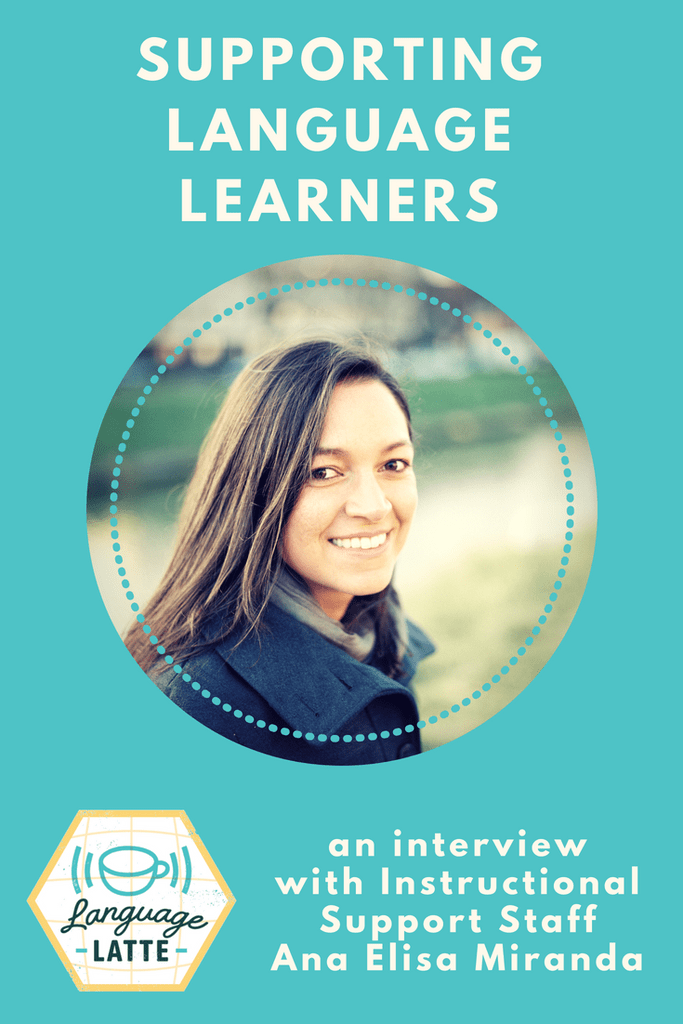I don’t usually write book reviews but this one was so fascinating I just had to share!
It starts with “We were never born to read”. That sentence on its own made me nod and smile and want to devour the whole thing. It’s something that only dawned on me when I read Teaching the Brain to Read, by Duncan Milne. Up until then I’d just thought that reading was something natural. It was just something people learned to do.
But humans only invented writing a few thousand years ago. We need to use many different parts of our brains, seamlessly and fast, in order to read fluently and comprehend what those squiggles mean.
Every child learning to read and write has to literally rewire their brains. It never just happens, like walking and talking. It’s one of the most fantastic things we learn in our lives.
It starts with “We were never born to read”. That sentence on its own made me nod and smile and want to devour the whole thing. It’s something that only dawned on me when I read Teaching the Brain to Read, by Duncan Milne. Up until then I’d just thought that reading was something natural. It was just something people learned to do.
But humans only invented writing a few thousand years ago. We need to use many different parts of our brains, seamlessly and fast, in order to read fluently and comprehend what those squiggles mean.
Every child learning to read and write has to literally rewire their brains. It never just happens, like walking and talking. It’s one of the most fantastic things we learn in our lives.
Proust and the Squid is divided in three parts:
★ How the brain learned to read - where the author tells us a short history of the first writing systems. From Ancient Sumerian Cuneiform script, to Egyptian hieroglyphs, to the Greek Alphabet. The invention of writing naturally led to the first “literacy teaching methods”, so to speak. Can you imagine little Sumerians copying words on clay tablets? This is something our children should know about.
★How the brain learns to read over time - where she teaches us about reading readiness, the importance of oral language development and the emotional connection to books.
“As soon as an infant can sit on a caregiver’s lap, the child can learn to associate the act of reading with a sense of being loved”.
She then walks us through the phases of learning to read, which I’ll write more about in another post.
There’s also a fascinating account of what happens in your brain as you read, in a matter of milliseconds. Can you imagine? What’s happening in your brain right now?!
★ When the brain can’t learn to read - what dyslexia is, the research and theories on what causes it and how dyslexic kids should be nurtured.
It’s an enjoyable, accessible book, at times a little technical. Granted, I might have enjoyed it so much only because I’ve been immersed in the world of reading, writing and dyslexia. However, every parent who’s venturing in teaching their little ones does well in understanding more about how this magical thing happens. It’s definitely not by magic ;)
I want to thank Trisha for recommending this book. I hadn’t heard of it before but moved it right to the top of my reading list. Here’s what she had to say about it:
“Will you like this book? It's a good question. There's quite a bit of heavy reading there: the anatomy of the human brain, linguistics, the rise of language and alphabet systems. At times, I felt I was slogging through unfamiliar territory, researching, studying. It took me several months to read it. There were moments in the book that I found so rewarding as someone who loves reading and writing and as a mother who wants her children to be readers. First, there's the beautiful discussion of what really goes on when you read--not just your eyes and brain decoding, but a real sensorial experience where create the story alongside the author. Second is the fact that reading is a labor of love that starts before school or letters or any instruction in the lap of someone who cares about you. Finally, there is a really touching discussion on dyslexia--and the continuing research on why some of us struggle so much to read and how this added struggle seems to go hand in hand with other gifts (creative, perceptual, artistic ability) which we also still don't fully understand.”
Trisha Traughber - mother, teacher, writing coach.
★★★
Get posts, resources, meet other bilingual parents and ask all your burning questions about bilingualism and literacy:





